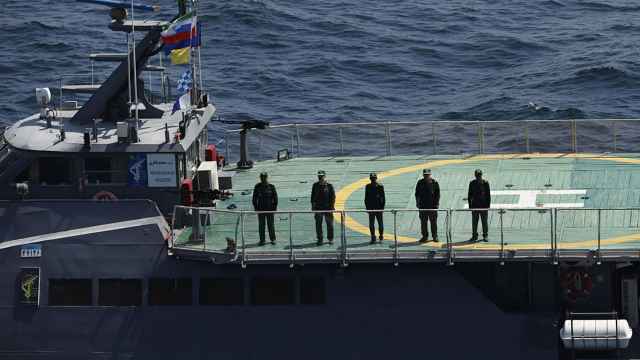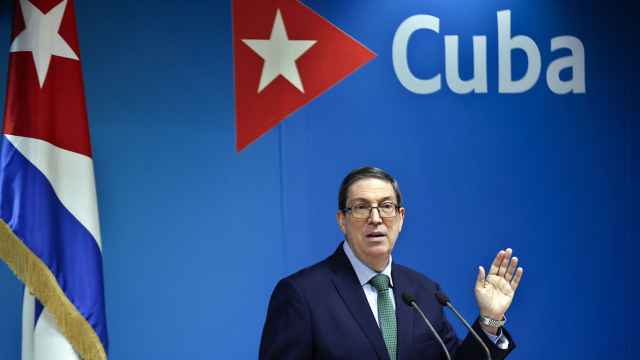Russian President Vladimir Putin has signed into law a bill that protects the canonical texts of Christianity, Islam, Judaism or Buddhism from being designated “extremist.”
The package of amendments, signed by Putin on Monday, writes in an exemption for the canonical texts into Russia's law on “extremism.”
“The Bible, Quran, Tanakh and Kanjur, their content and quotations from them may not be deemed extremist materials,” the amendment reads, according to the document posted on the government's legal information website.
The amendments follow an outcry by Russia's Muslim activists against an August ruling made by a Yuzhno-Sakhalinsk city court in the Far East Sakhalin region. The court deemed a book containing quotes and commentary on verses from the Quran “extremist” and banned it from local distribution.
A co-chairman of the Russian Council of Muftis, Nafigulla Ashirov, pledged to appeal the ruling, while the leader of Russia's republic of Chechnya, Ramzan Kadyrov, vowed to “personally call to account” the judge and prosecutor in the Yuzhno-Sakhalin case.
Following the outcry, Putin introduced the bill of amendments — creating an exemption for the canonical texts — at the State Duma, or lower house of parliament, last month.
A Message from The Moscow Times:
Dear readers,
We are facing unprecedented challenges. Russia's Prosecutor General's Office has designated The Moscow Times as an "undesirable" organization, criminalizing our work and putting our staff at risk of prosecution. This follows our earlier unjust labeling as a "foreign agent."
These actions are direct attempts to silence independent journalism in Russia. The authorities claim our work "discredits the decisions of the Russian leadership." We see things differently: we strive to provide accurate, unbiased reporting on Russia.
We, the journalists of The Moscow Times, refuse to be silenced. But to continue our work, we need your help.
Your support, no matter how small, makes a world of difference. If you can, please support us monthly starting from just $2. It's quick to set up, and every contribution makes a significant impact.
By supporting The Moscow Times, you're defending open, independent journalism in the face of repression. Thank you for standing with us.
Remind me later.






